What was your diet for the movie role? Are the dating rumors true? What was the hair and makeup process for this red carpet?
Imagine devoting months or years to a movie production only to be asked fluff questions about your looks or relationships. This is a common story for successful women in the entertainment industry.
“Most of the questions are either surface level or not about the character development of the actor, and they are instead about the physical attributes of that character,” Upper School Science Instructor Katherine Pointer said. “Anybody wants to be respected for their profession, and those types of questions de-value the work that those people are doing.”
In a male-dominated industry, female actors are judged based on physical appearance, whereas respect toward male actors is judged based on the merit of their work.
Beyond the gender treatment in the media and promotional industry regarding actors, the characters portrayed in film differ based on gender.
The concept of a male versus female gaze has recently become a well-known feminist theory. According to Oxford Reference, the female gaze is “the ways in which women and girls look at each other, at males, and at things in the world.”
“The male gaze is very objectifying. It’s very much about whether she’s hot, she’s not, and all that, whereas the female gaze looks at the complexities of a woman. It’s about personality and character as opposed to just what you look like,” senior Sasha Drucker said.
“I think people need to be looking through the female gaze to actually appreciate the complexities of a person instead of just looking at their appearances.”
While the female-gaze prioritizes beauty from within and women dressing for themselves, the male-gaze accentuates stereotypical beauty and dressing for the appeal of men.
Regarding the female and male gaze in films, the portrayal of female characters is constantly evolving.
The female gaze focuses on the multidimensional aspects of a person, whereas the male gaze produces female characters as more static.
Natasha Romanoff, or Black Widow, had her individual story told after being featured in “Iron Man” originally as a side character oriented to the male-gaze.
Yet even in her solo movie, there are several scenes where the camera is focused solely on her body, even though it serves no purpose to the storyline.
Fans noticed and commented, “why are there shots just of her butt?” While Natasha Romanoff uses her sexuality as an asset for being a secret agent, the movies’ objectification degrades her by equating her body to her power.
In the shaping of women in film, a long history of unrealistic beauty standards and over-sexualization of women creates an illusion of unrealistic ideals.
The exploitation of women’s physical attributes is often objectifying rather than embracing.
“I have noticed trends in the assets that are required for a particular role where gender is an issue where it didn’t need to be. Ironically, my own discipline; if you were to look at the way male scientists in movies are portrayed versus the way female scientists are portrayed, you would notice a dramatic difference in the attractiveness of the two. Sometimes for women, attractiveness seems to matter where it shouldn’t matter and for men it does not,” Pointer said.
The film industry’s goal is profit. So, what sells? For hetero-normative and male-oriented audience, the objectification of women is an overused business strategy.
Even beyond the film industry, platforms like video games are designed for the appeal of men: female characters are overly sexualized and dressed in bikinis for the sole purpose of visual appeal.
“When a particular character is written by a screenwriter, it’s not necessarily the actor’s choice in how that character is portrayed based on the way it’s written, the way the director sees it, the way the costume designer sees it, etc.,” Pointer said.
“Elvis” (2022), directed by Baz Luhrmann, told the story of music icon Elvis Presley; his wife, Priscilla Presley, was a side character.
“Priscilla” (2023), directed by Sofia Coppola, told Priscilla’s story.
Both films addressed the same real-life people, but the portrayals of Elvis and Priscilla themselves varied drastically between the two films.
“Priscilla” dove into the finite details of her life, developing her character to reveal her emotions as a human even without her husband’s fame.
“I would imagine people identifying more with other individuals who share similarities with themselves. Men see men as main characters in a story because men are the main characters in their own story,” Faust said.
There are a plethora of prominent double standards for men and women in society, especially those in the spotlight.
“I just play what they give me. You know, I need a job,” actor Jacob Elordi said in an interview with IndieWire.
In response to this remark, Elordi received praising comments saying he was “relatable” and “comical.”
Yet, when actress Rachel Zegler said she took an acting role in “Shazam! Fury of the Gods” because she needed work and “couldn’t get a job for the life of me,” she was “canceled” online and received extreme backlash with comments stating she was ungrateful and did not deserve to pursue acting roles solely for money.
“There are so many men that will come out against the movies they’re in, but a woman will say the exact same thing, and she is ungrateful,” Sasha said. “It’s just the double standard… A man and woman do the same things, and only she gets hate for it.”
Comedian Jo Koy’s opening monologue at the 2024 Golden Globes inflicted controversies regarding his “comedic” comments on “Barbie” and “Oppenheimer”.
Koy degraded Barbie down to “a plastic doll with big boobies,” while applauding “Oppenheimer” as an accomplished movie “based on a 721-page Pulitzer Prize-winning book about the Manhattan Project.”
“Barbie has been influential to women, and the movie is about female empowerment. The point of it is womanhood and the experiences that all women go through. It’s not just about a doll with big boobs,” Sasha said.
Overanalyzing the male versus female gaze can be hypercritical–how do we make it so that there is more equal representation and respect?
The concept of a “strong” female character under the scope of the male-gaze often masculinizes said character or separates her from feminine qualities such as motherhood.
Among female characters, it’s rare for them to be portrayed simply as people with personalities—it’s their identity as women that always comes first: a woman is never just a boss, she’s a female boss.
Under a female-gaze scope, a woman can possess both feminine qualities while being assertive; she can pursue whatever she wishes, and not have to compromise aspects of herself to fit into a box.
This is portrayed especially well in Greta Gerwig’s rendition of “Little Women” (2019).
“Women have minds and souls as well as hearts, ambition and talent as well as beauty and I’m sick of being told that love is all a woman is fit for,” Jo March said in “Little Women”.
To understand a person, you have to look at the whole: not just gaze at the outermost layer of appearance.
“It’s not wrong to want to dress to be thought of as pretty, and yet it is also disappointing when, because you have dressed to be pretty, that is all you are assumed to be. Those don’t have to be the same thing,” Pointer said. “I would hope no matter what gender a person identifies, my hope is that [the audience] would choose to judge them by their actions and their words rather than how they choose to dress.”


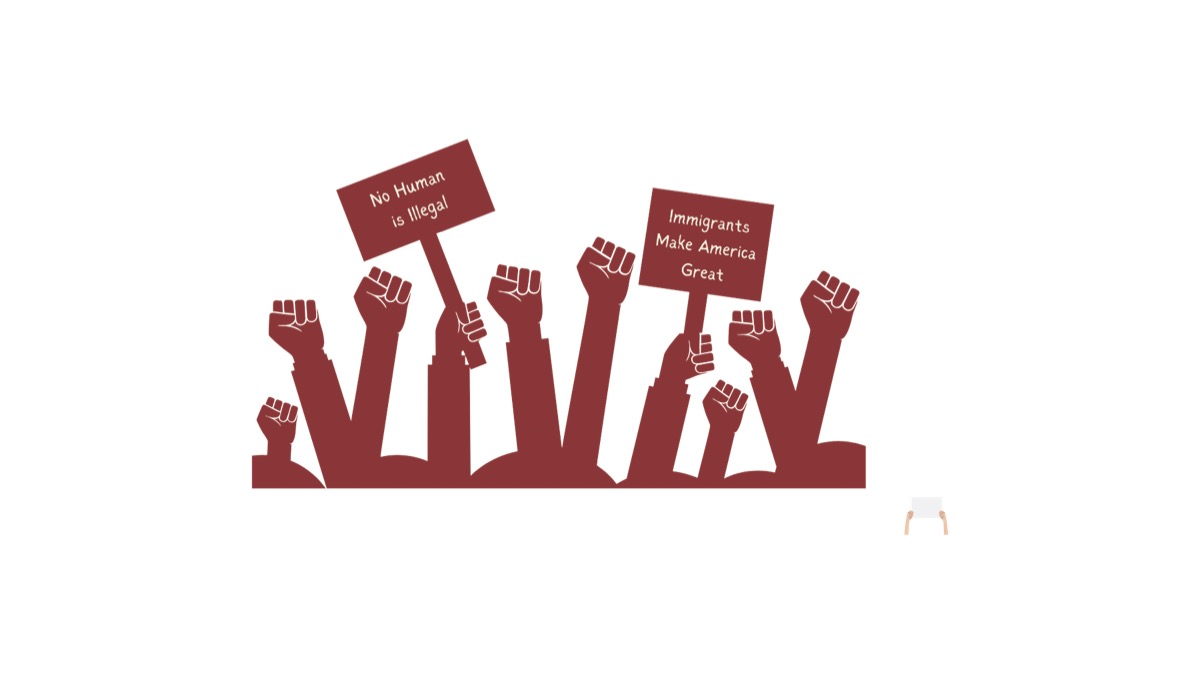





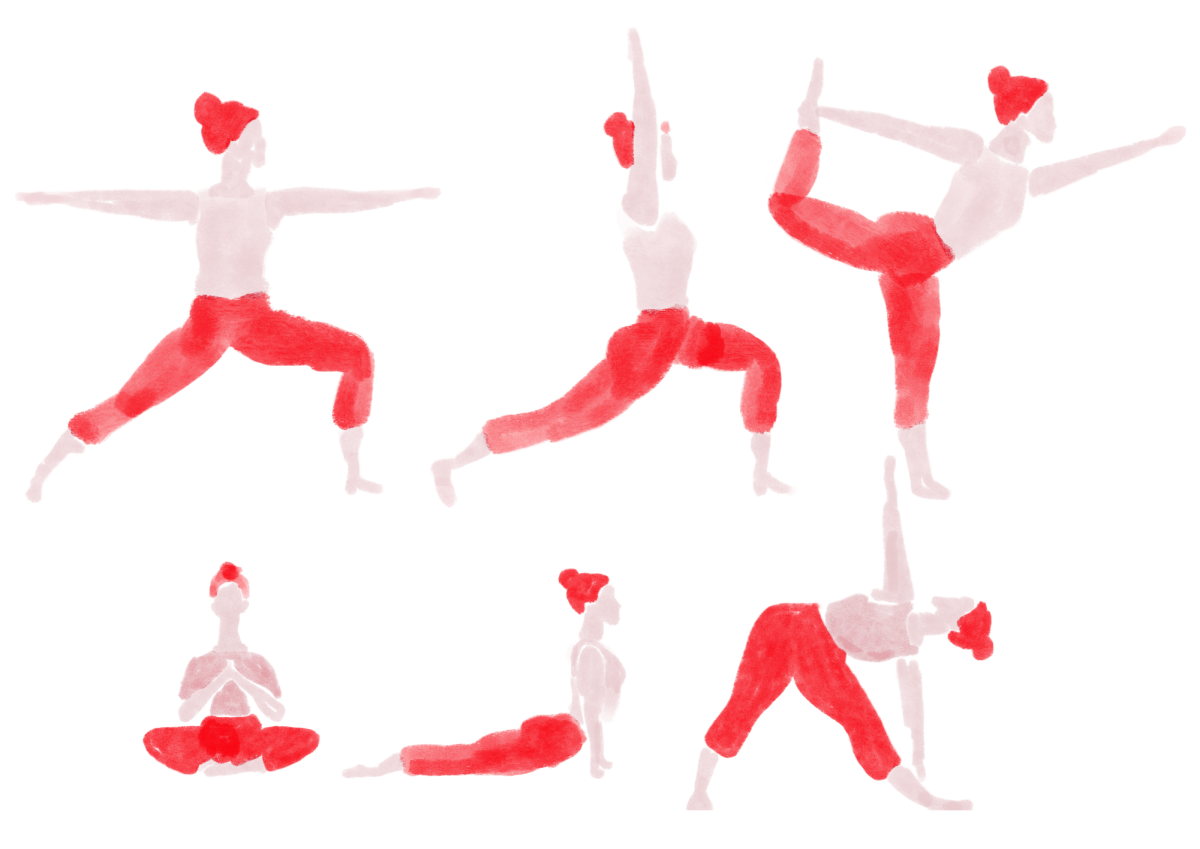

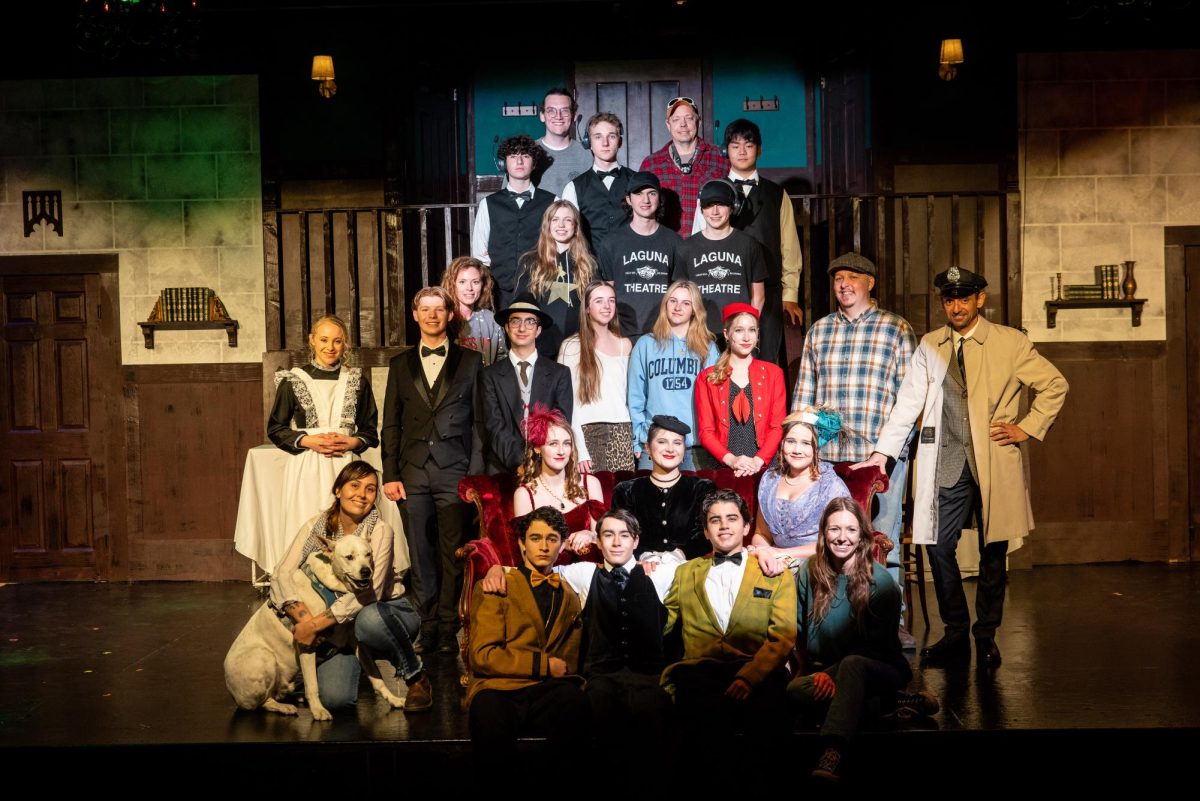






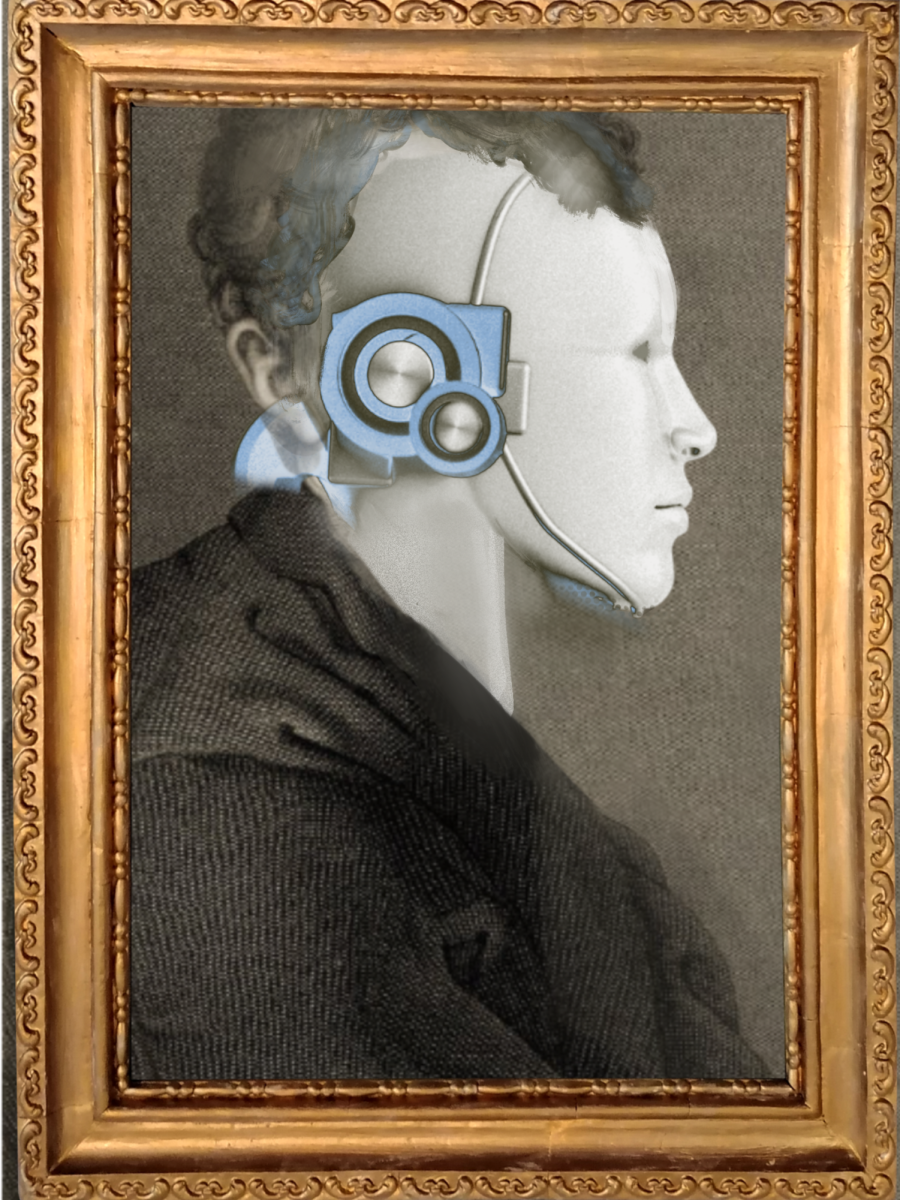


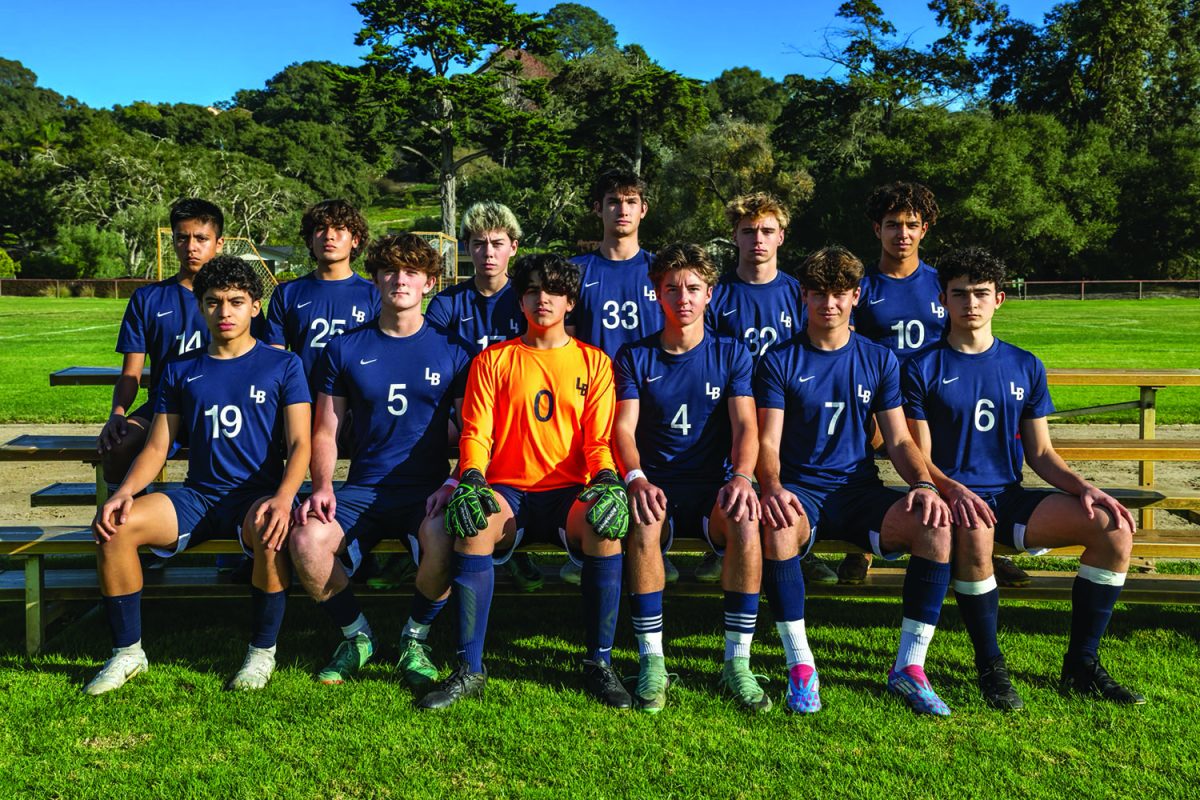

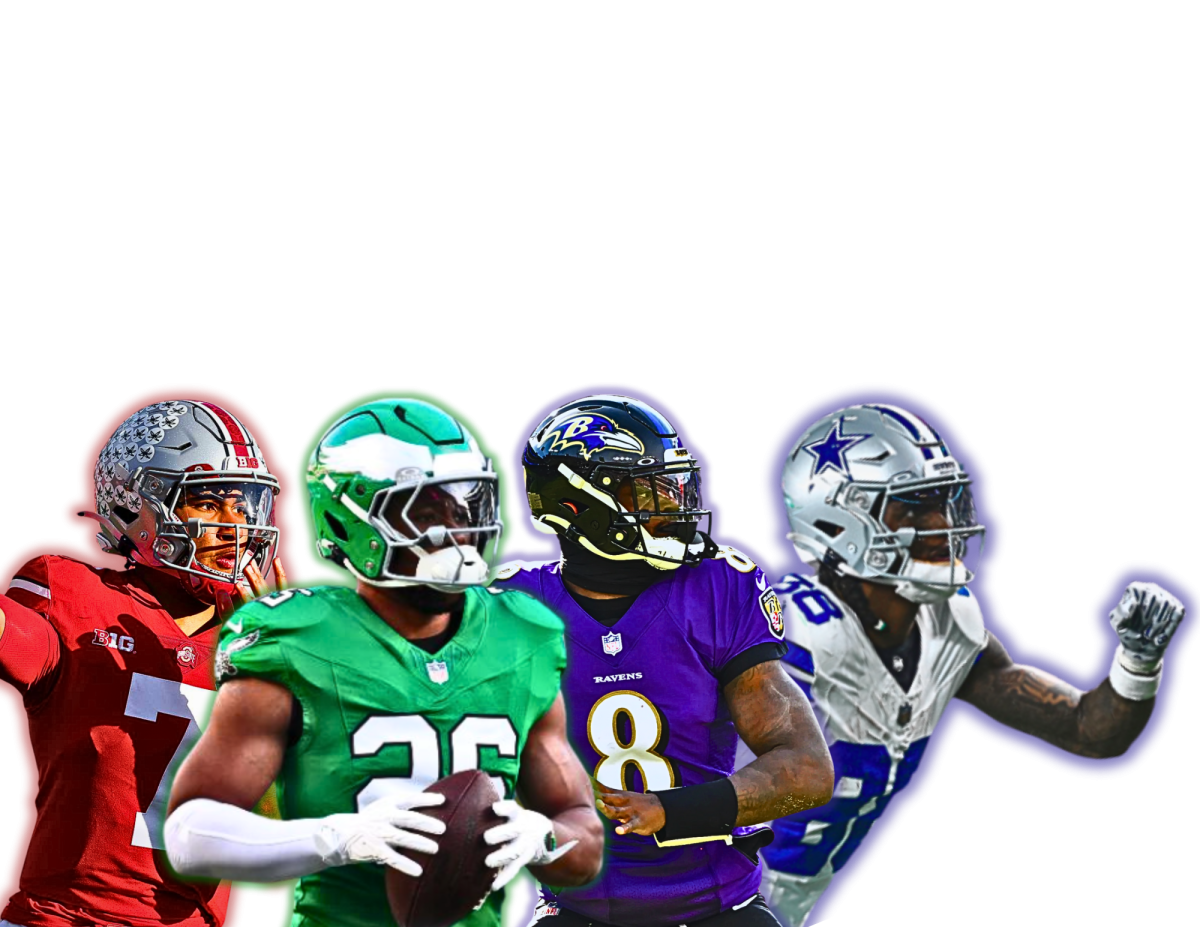


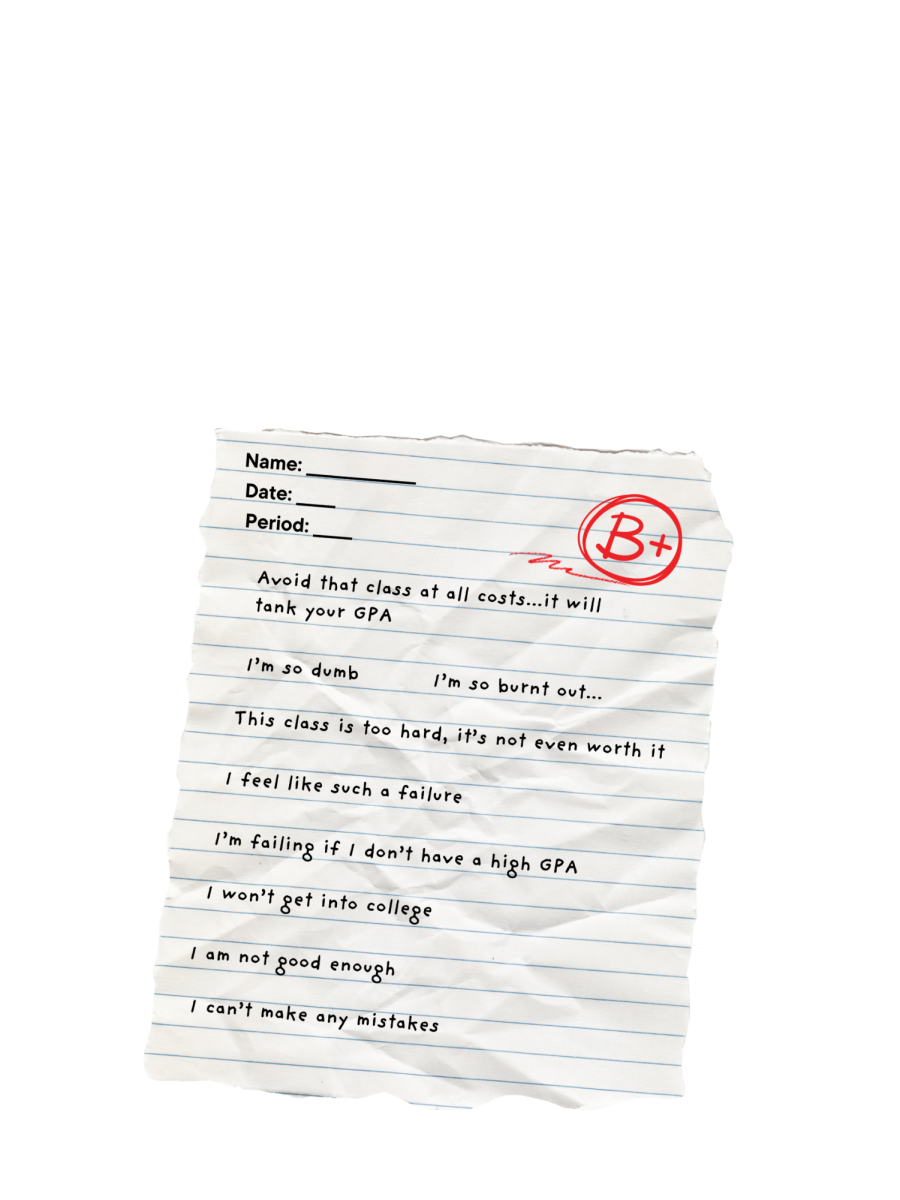

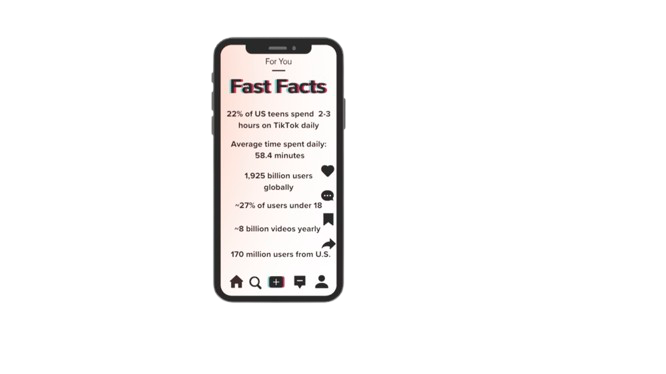

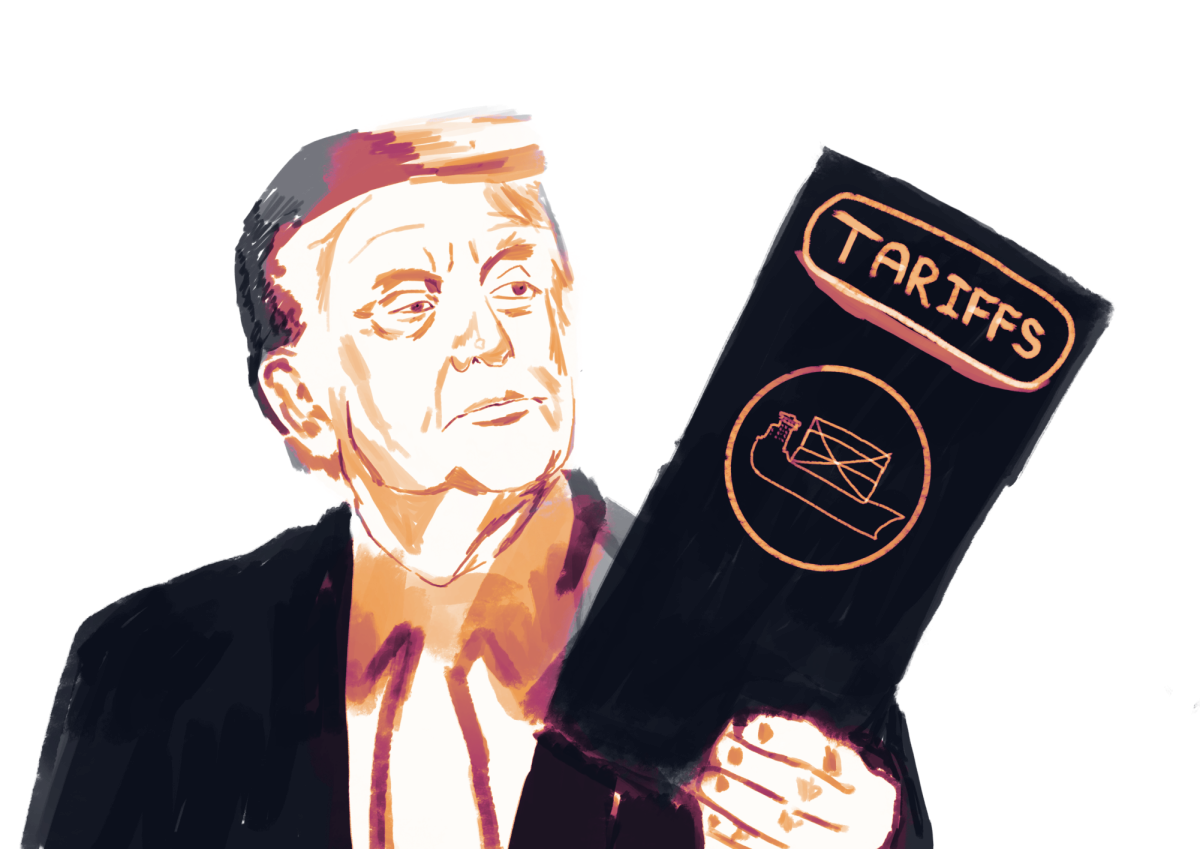


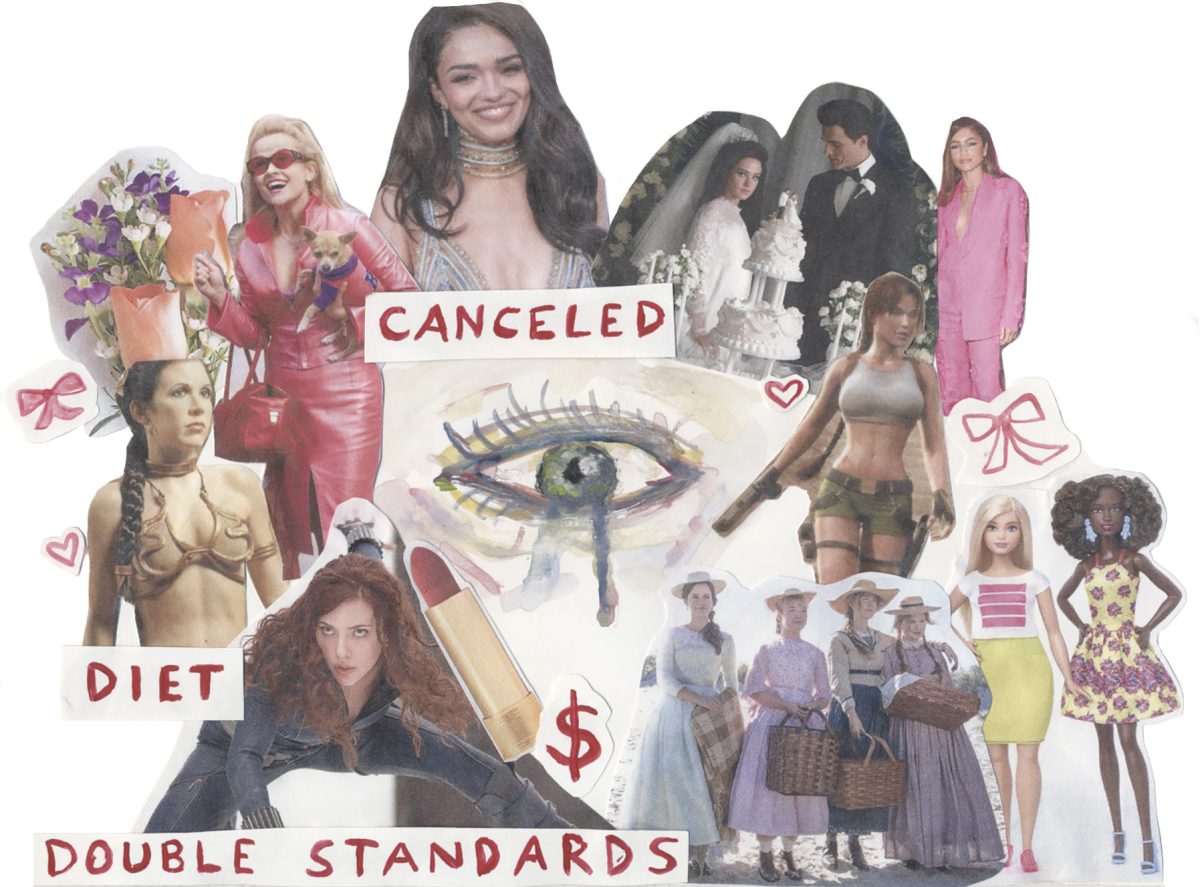


Daan • Jan 12, 2025 at 8:27 AM
Was appalled after reading this. While I strongly believe women are more objectified and judged on their looks in media and that it has to be rectified, what’s with this gendering of gaze?! ‘Male’ gaze is objectifying, ‘female’ gaze delves deeper into the inner life?!
The feminist ‘male gaze theory’ was never about masculinity and femininity, because these concepts are also influenced by patriarchal society. The ‘male gaze’ does NOT translate to ‘masculine gaze’ , it was about giving the male agency and female little to none. ‘Male’ gaze because it was seeing the male as the main character, and everyone was to support him. ‘Male’ gaze because everyone was seen through him. Not how, but through him. Basically an effect of patriarchy on media. ‘Male gaze theory’ was to critic solely men dominating the industry, and subsequent devaluation of womens’ thoughts, feelings etc, and her transformation into an exotic, sexy ‘object’. As a result, women were alienated and their purpose was eye candy.
‘Male gaze theory’ does not try to define how men see women, it defines the result of centuries of male dominance on media and subsequent alienation of women.
So, there is no female gaze, for the media has never been dominated by women.
The male and female perspective exists, but that’s too diverse to define, duh.
Yes, women’s inner lives and emotions MUST be depicted more. But it’s wrong to assign a gender to that ( female gaze) because it’s messing with the definition of male gaze, bringing the argument down to masculinity vs femininity ( which themselves are fluid concepts). “Male gaze theory” was supposed to transcend this concepts of masculinity and femininity